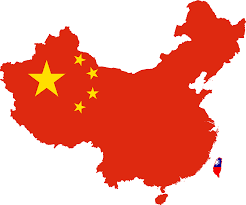A call option is a financial contract that gives the holder the right, but not the obligation, to buy a specific underlying asset at a specified price (strike price) within a specified time period (expiration date). The underlying asset can be a stock, commodity, currency, or index.
The holder of a call option is said to have a long call position, and the seller of a call option is said to have a short call position. The holder of a call option can exercise the option to buy the underlying asset at the strike price at any time before the expiration date, while the seller of a call option is obligated to sell the underlying asset at the strike price if the holder chooses to exercise the option.
A call option is considered to be a bullish strategy, as it allows the holder to profit from an increase in the price of the underlying asset. For example, if an investor buys a call option with a strike price of £50 and the price of the underlying asset rises to £60, the investor can exercise the option to buy the underlying asset at £50 and make a profit of £10 per share.
Call options can be used for several purposes, including hedging against a potential increase in the price of an asset, generating income through the sale of options, and speculating on the future price movement of an asset.
Please note though, that buying a call option is not without risk. The price of the option will change based on the price of the underlying asset, volatility, and time remaining until expiration. If the price of the underlying asset does not rise, the option will expire worthless, and the investor will lose the premium paid for the option.
« Back to Financial Terms Index








